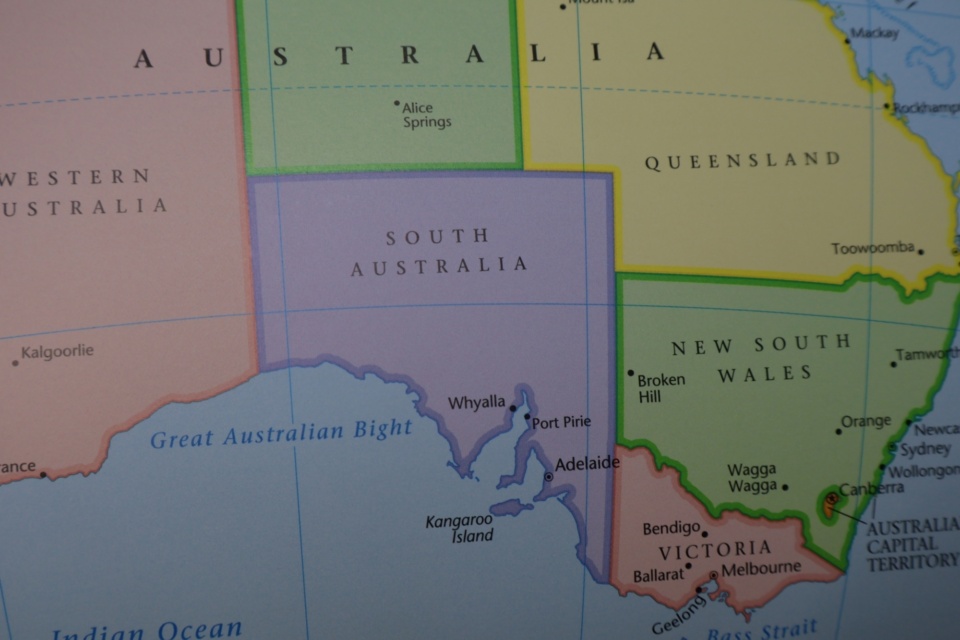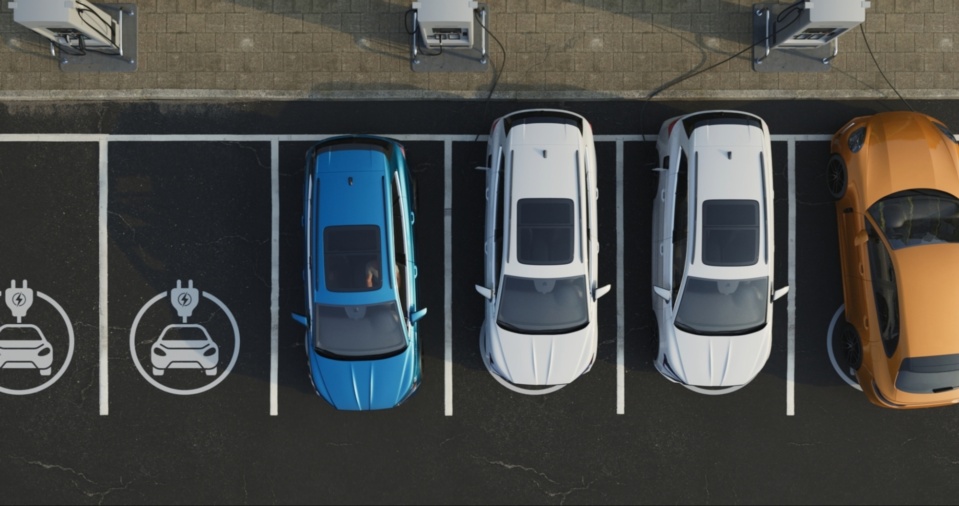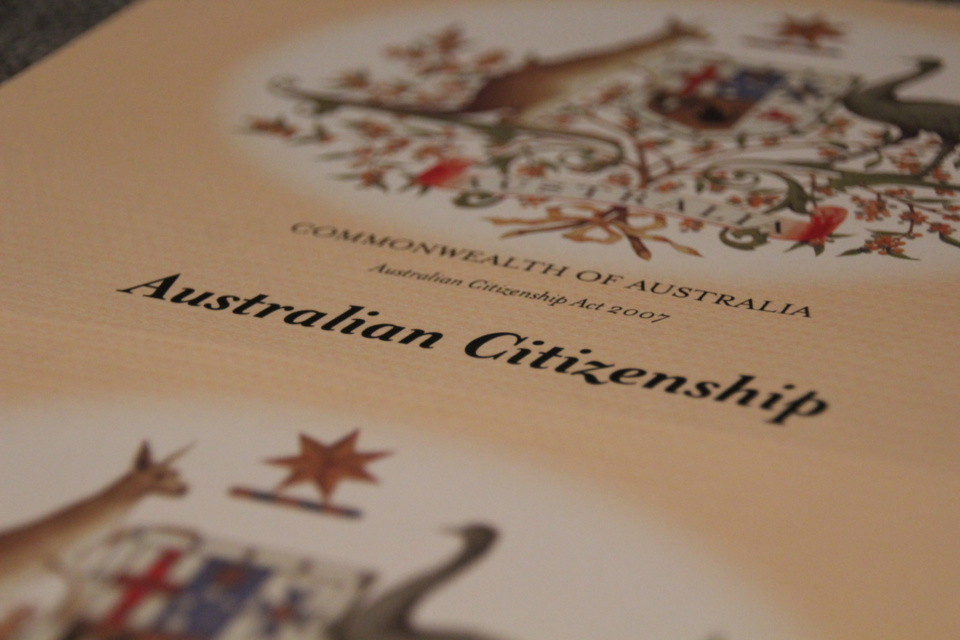
One Nation’s chances as a dominant conservative party are piñata-like
Posted on 11 Feb 2026
Opinions polls insist Pauline Hanson's fortunes are on the rise, but it is likely that enthusiasm…
Posted on 12 Feb 2025
By Denis Moriarty

The election of Donald Trump as US president is an expression of a pervasive cultural shift away from asking voters to care for anybody other than themselves, writes Our Community group managing director Denis Moriarty.
Donald Trump and Elon Musk have shut down all American overseas aid programs – perhaps temporarily, perhaps not.
This has a visceral appeal to their base, and perhaps to the American public, because the average American believes (and here the words "ignorant" and even "bigoted" are hard to avoid) that aid constitutes 26% of the US budget rather than the less than 1% it actually does.
So let’s have a moderated two cheers for the lucky country, where the average guess is about 5% – still much too high, but not actually insane (10% of Americans think that aid makes up more than half their budget).
Elon Musk has frothed that the United States Agency for International Development (USAID) is “a viper’s nest of radical-left Marxists who hate America”, but it’s important to see this in perspective. USAID could be (and probably is) staffed entirely by the kind of capitalist Christians who’ve guided American policy for the past 80 years and Musk would still feel the need to eradicate it with fire and the sword. What he’s against is altruism.
The election of Trump is, among other things, an expression of a pervasive cultural shift away from asking voters to care for anybody other than themselves.
Now that the election is over, the general perception is that Democrats lost because they were out of touch – that they thought they were better than you. Republicans blamed all the country’s ills on non-white-male scapegoats, which meant that white men were free from any responsibility to change their ways in any particular way, and that helped, but even that didn’t go far enough.
The voters could see perfectly well that Trump was promising cruelty, corruption and incompetence. They recognised and responded to a man who observed no ethical standards whatsoever, because that meant he wouldn’t ask them to.
Trumpism is a fundamental repudiation of the idea that there can exist any relationships, at any scale from domestic to international, that are not based on either money or force. As the old rule has it, "Those may take who have the power, and those may keep who can.”

"Let’s keep our eyes on the basics. Helping people who need help is a good thing, not a rip-off."
The obvious question is why people who have little or no power – most of us, that is – should see the old rule as a good thing. Here we come to the second aspect of the denial of ethics: the worship of strength.
The word "strong" has almost completely positive implications, and the word "weak" is political death. What "strength" means is the ability to do whatever you want – "To crush your enemies," as Conan the Barbarian suggested, "to see them driven before you, and to hear the lamentation of their women."

People who can’t crush their enemies are prepared to delegate the job to someone they think can – someone strong, someone who doesn’t recognise any restraints, someone who sees an enemy in everybody, not a supplicant. If this means accepting a despot, so be it. If this means sacrifices, it’s worth the cost. Gotta have those lamentations!
It’s just possible that the effect of a Trump presidency may be a diminution across the globe of the Trump emphasis on strength.
The downside to the politics of performative dominance, after all, is that it makes good government impossible. Under this regime, sensible policies based on data and negotiated through consultation are pointless. Anybody could do that; it doesn’t take a superpower. You can demonstrate total power – as demonstrated by every day’s headline for the next four years – only by forcing the whole country to do something utterly irrational.
Politically, though, that isn’t nearly as much of a handicap as you’d think. Stuffing up a big country to the extent that middle-class people are scavenging from dumpsters is a relatively slow process. Having the other side ground in the dust is a sugar hit today.
The issue that now presents itself is whether citizens in a prosperous nation such as ours value good government over having their self-esteem fluffed by the Murdoch press. I’m optimistic – I work with the community sector, after all, which shows the best of us – but I’ve been wrong before. The cost-of-living crisis has been placed quite definitively at the centre of our concerns, for example, and that’s very much not a concern about the cost of living on Centrelink benefits.
Let’s keep our eyes on the basics. Helping people who need help is a good thing, not a rip-off. You – whoever you are – have enough money to spare some in donations or taxes for people worse off than you. The good Samaritan was a role model, not a pathetic sucker (and this may be the first time for several thousand years when that’s a controversial statement).
I want to see the upcoming election be about that. If the discourse of strength and weakness dominates, it won’t be. As Marx nearly said, history repeats itself: in America as tragedy, in Australia as farce.
Denis Moriarty is group managing director of OurCommunity.com.au, a social enterprise that helps the country's 600,000 not-for-profits.
We're proud to take a stand on progressive issues. Here's a taste of our commentary.

Posted on 11 Feb 2026
Opinions polls insist Pauline Hanson's fortunes are on the rise, but it is likely that enthusiasm…

Posted on 28 Jan 2026
This year’s Adelaide Writers’ Week began with the cancellation of a talk by Palestinian-Australian…

Posted on 17 Dec 2025
Posturing by the US president about Europe's immigration policies, even warnings of future…

Posted on 03 Dec 2025
If you wanted an example of the problems inherent in federal systems, you couldn’t do better than…

Posted on 19 Nov 2025
When it comes to loyalty to car brands, it can be confusing who we should support, and, even more…

Posted on 05 Nov 2025
Before the Prime Minister gets too excited about his recent meeting with the American President, he…

Posted on 14 Oct 2025
The idea of "long term" is not something that sits well in the social media era, yet governments…

Posted on 30 Sep 2025
I am proud of what Our Community, and its exceptional team, have achieved in the past 25 years. As…

Posted on 16 Sep 2025
Happy Australian Citizenship Day! To mark the occasion, Our Community leader Denis Moriarty takes…

Posted on 02 Sep 2025
Words live, evolve, and sometimes die. Some words are invented from scratch, some are old words…

Posted on 26 Aug 2025
The cost of the National Disability Insurance Scheme (NDIS) is climbing relentlessly – $44 billion…

Posted on 04 Aug 2025
The new leader of the Liberal Party, Sussan Ley, wants to increase the proportion of women…